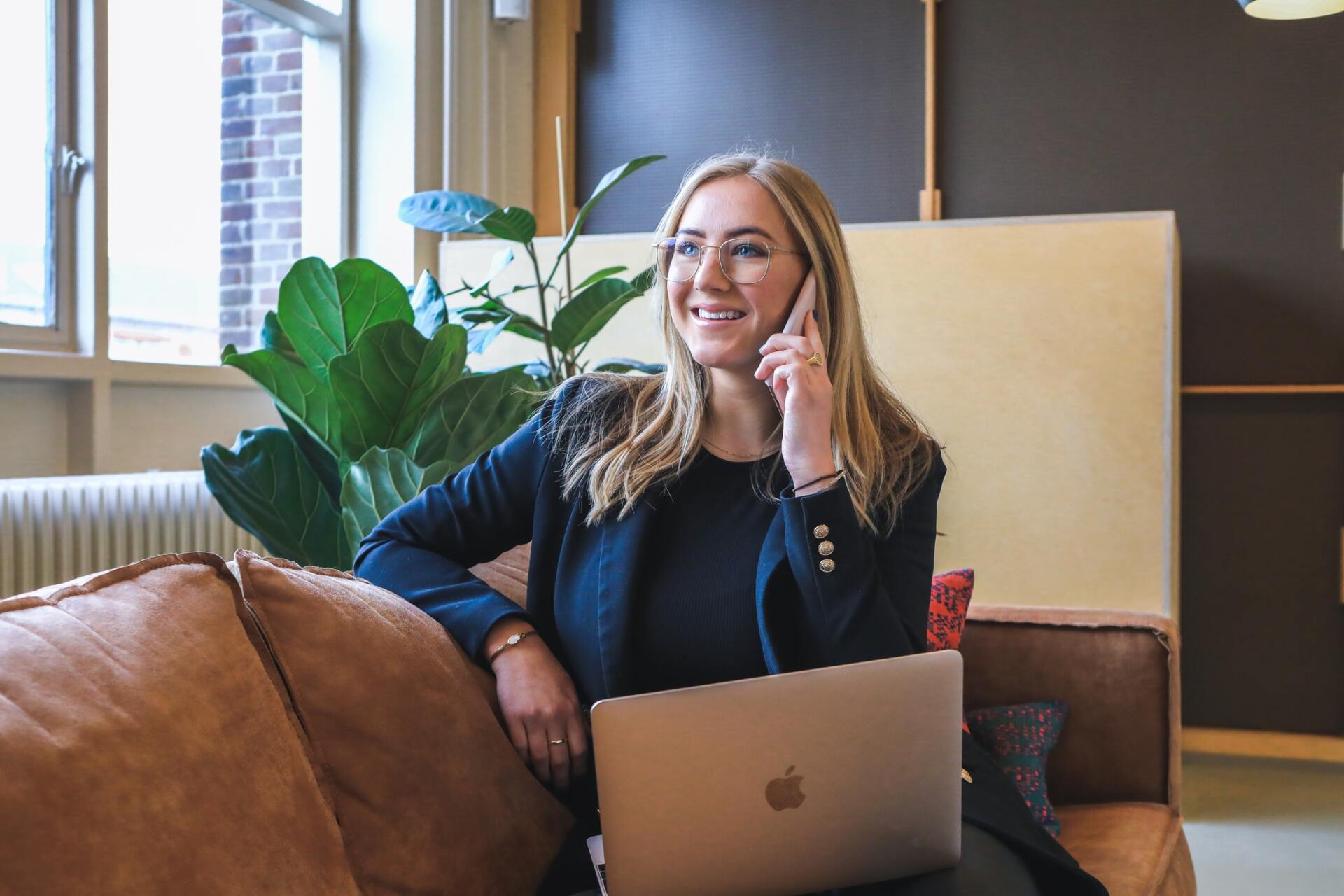"Students are seeing the world for the first time. They have a chronic case of 'Beginner's
Mind.' These same students are programmed
to identify problems and find solutions—and
many of them are quite good at it."
"Students are seeing the world for the first time. They
have a chronic case of
'Beginner's Mind.' These
same students are programmed to identify problems and find solutions—and many of them are quite good at it."
Elev Labs brings student ideas to life through a supportive and empowering lab-based community process.
Have an idea and ready to get started? Apply now.
READ MORE

I am confident that just about everyone would agree that the year 2020 has presented a number of challenges for people all over the world. It came as quite the surprise when nearly every normal aspect of our daily lives became significantly altered. One day, I was attending in-person lectures with hundreds of students at school and the next day, I was on a flight home to endure what would be a several month break away from my college. For many, including myself, it became so easy to sulk over all of the missed time and opportunities that we thought 2020 held in store for us. With entering the new decade, so many of us created hopes, dreams, and ambitions, and in a matter of a few weeks, we were in what felt like an infinite stay-at-home lockdown. After being sent home, I tried to stay busy by investing more time into my school work. Each day, I’d spent hours staring at my laptop, trying to make sense of all of this extra time we had been given in quarantine. I felt the need to constantly be productive because otherwise, I’d feel like I was wasting my time. I wish I had realized earlier that taking time to relax is crucial to mental well-being, especially during these adverse times. Eventually, I’d learn to take long walks each day as a way to reduce the stress and anxiety of attending my now-online college. With all of these abrupt changes, establishing any sort of routine was difficult. By dividing up my time for specific tasks and allotting time for breaks in my schedule, I was able to exhibit some normalcy. After months of feeling like I finally had a grip on my “pandemic situation”, things changed. Due to my health, I was categorized as “high-risk” for COVID-19 and was unable to return back to school in-person. I watched all of my friends return to campus, while I stayed back at home, in order to protect myself from the virus. My illness was taking my college experience away from me. I had yearned for it throughout quarantine and it was heartbreaking to see people experience college, while I sat at home. However, looking back, I recognize the silver linings of quarantine and being home during college. The truth is I will never get this amount of time again with my parents and family, so I’m grateful for that. I’ve been granted time to pursue more endeavors, including Elev Labs and new hobbies, so I’m grateful for that. I’ve spent time becoming a better version of myself, so I’m grateful for that. Despite how notoriously bad 2020 has been, there has been some good in all of this. Maybe that’s why they say “Hindsight is 2020.” By reflecting on all of the events that have transpired in the last year, we now have a much better understanding of the elements in life that are most important to us. Whether that be prioritizing family after not being able to be around them or prioritizing studies after being granted more free time or whatever it may be, 2020 should be acknowledged as a pivotal year that caused many to grow and improve. It is essential that as we move into 2021, we continue to recognize that we are grateful and that there is always a light amidst the chaos and to keep flourishing through adverse times. Maxx Wexler is a junior at the University of Florida. She is also the Community Director at Elev Labs.

Online interviews are more widespread than ever. Colleges, companies, investors, and others deploy virtual platforms to understand prospects more intimately and add some context and humanity into the application process. Like anything in life, online interviews come with their benefits and their disadvantages. Although this shift has primarily occurred due to the COVID-19 Pandemic, we’ll likely continue to see an increase in online interviews. A virtual interview is your chance to show companies and institutions who you are beyond the numbers and statistics on paper; it’s your chance to “seal the deal.” An incredible interview can quickly move someone to the coveted “yes” pile. However, an unsatisfactory interview can even more easily move someone to the “no” stack. As a Co-founder of Elev Labs, I’ve virtually interviewed dozens of people in the past few months. On the other side, I’ve participated in many online interviews as a college applicant recently. Here are some tips to help you stand out amongst the crowd in your next virtual interview: Know what you’re getting into - While most interviews are conducted via a live platform like Zoom, some will be “on-demand interviews.” This means that a question or video will appear on screen, and you’ll be given a set amount of time to record an answer in video format. This video will then be sent to the company or school. To avoid any last-minute shakeups, find out your interview format ahead of time. Test your connection - This one may seem obvious, but you’d be surprised how many people have a poor connection during an online interview. Go and test your internet speed ahead of time. If you can, try to connect directly to the internet via ethernet rather than using WIFI. Also, try and limit the number of other devices on your network at the same time. If you do lag at all, make sure to ask your interviewer if they’d like you to repeat yourself. Framing matters - One of the more dynamic elements from online interviews is letting people into your home. It’s fascinating how much you can tell about someone from the pictures on their walls. Even more importantly, make sure that nothing you wouldn’t want your interviewer to see is in frame. Also, ensure that you are easily visible and no bright lights are in the background to cause an annoying glare. Take advantage - Arguably, the most significant benefit to a virtual interview is your ability to have notes up during the call. Feel free to have your resume in split-screen, or even throw some post-its up in the corner of your monitor if need-be. It’s important not to look like you’re reading. But having a few talking points in mind ahead of time can only benefit you. Not to mention that by doing this prep, you’re already getting your mind into “interview mode.” Be animative - The camera takes off 10 pounds of personality! We can’t see your body language or hear your tone as well virtually. Make sure that you’re clear and direct when expressing your emotions. It’s okay to laugh a little louder and smile a little wider. Obviously, don’t over-do it, but remember that the interview’s point is to add a human element to the process. As a bonus, speak slowly and clearly. This will ensure that if someone gets a surprise email or other distraction, they can quickly address it without losing much. Lastly, don’t forget basic etiquette on virtual interviews. It’s still important to dress well and to be early, for example. Ensure that you’re as authentic as possible, and do your research to show how passionate you are in the interview. Nine times out of ten, someone who comes across as passionate in a virtual interview will be the one who ultimately gets the job. Using these tips, you’re sure to find success in your next virtual interview. If you’re interested in more tips to help you succeed, sign up for The Lab Report , a new initiative by Elev Labs to help business students succeed. Good luck! You’ve got this! Max Coppola is a high school senior based out of Long Island, NY. He is one of the Co-founders of Elev Labs.

